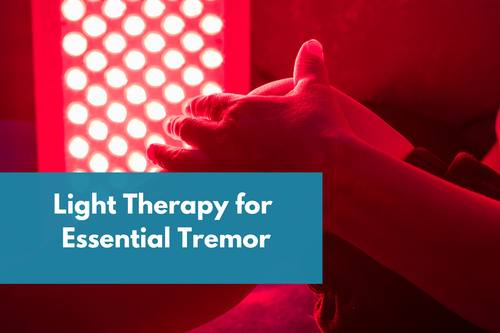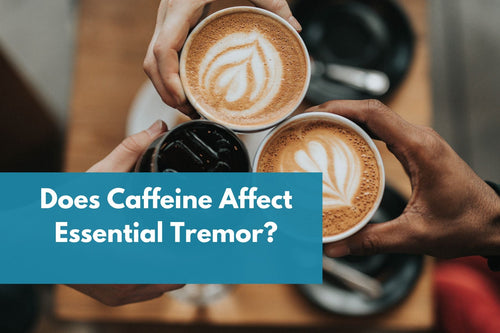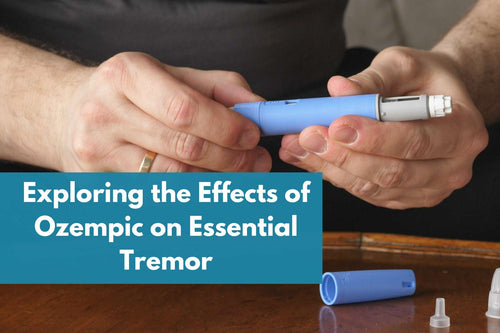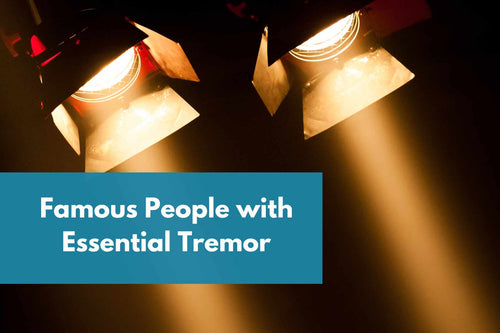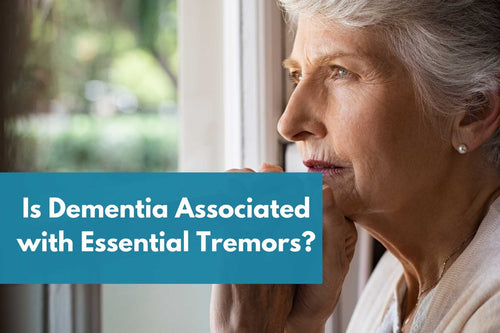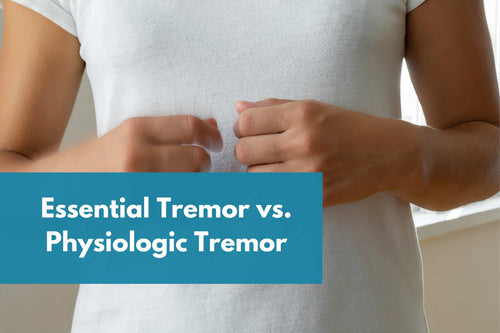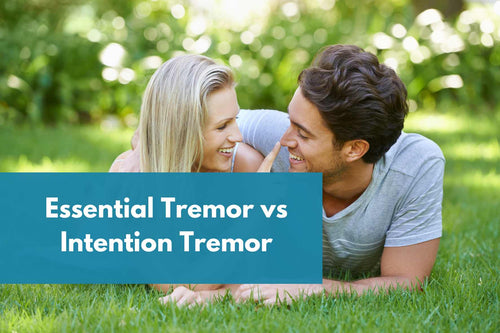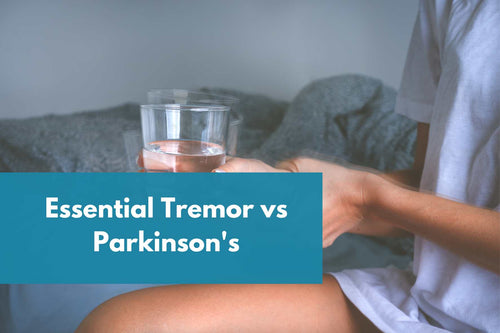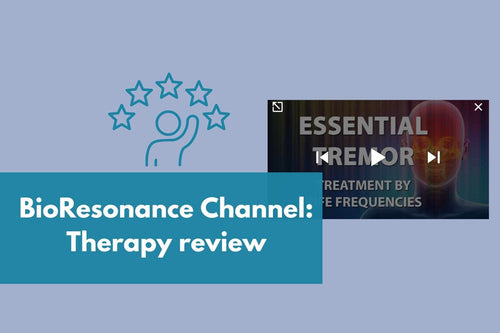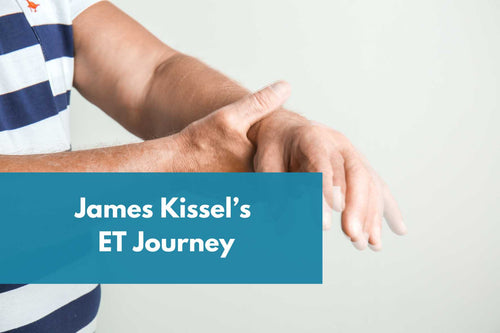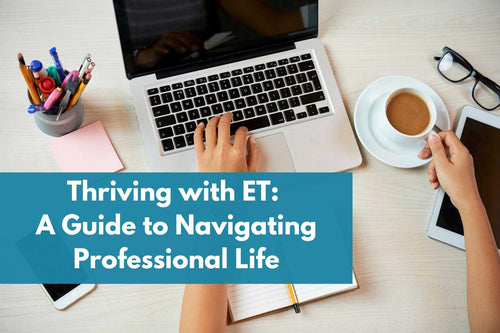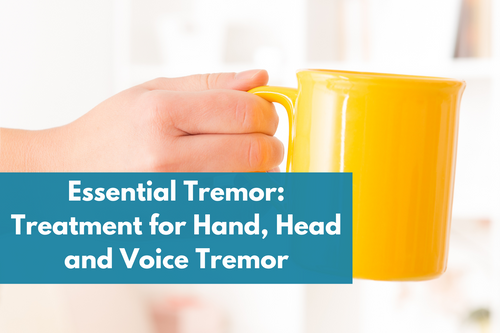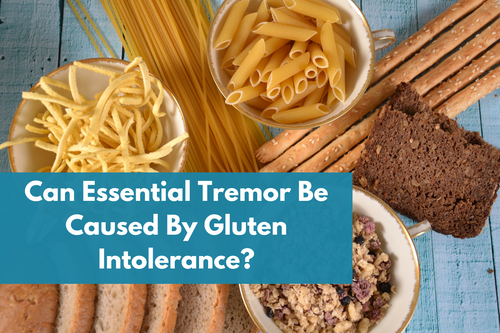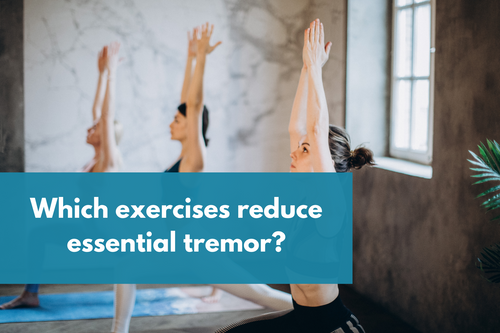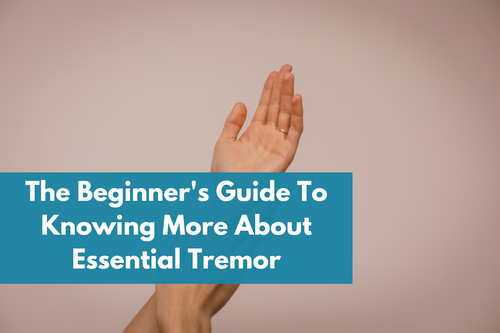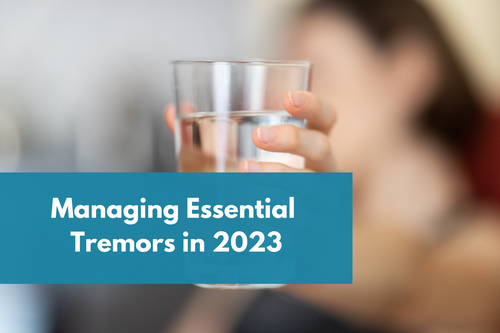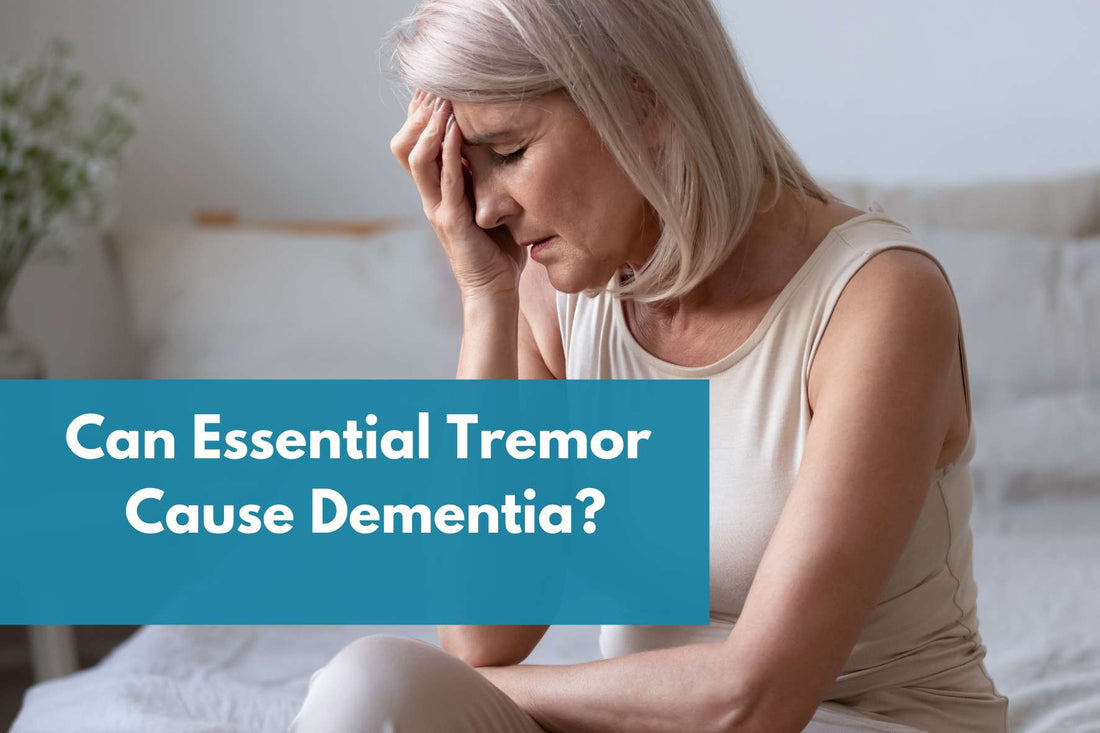
Can Essential Tremor Cause Dementia?
Share
Essential tremor (ET) is a common neurological disorder that primarily causes rhythmic shaking in the hands, but can also affect other parts of the body. Many people live with ET for years, managing its symptoms with varying degrees of success.
However, a critical question has emerged in recent studies: can essential tremor lead to dementia? This blog post explores the possible connection between ET and dementia, examining the latest research and what it might mean for those living with ET.
What is essential tremor?
Essential tremor is a neurological disorder characterized by involuntary and rhythmic shaking, most commonly in the hands. Unlike Parkinson's disease, which also involves tremors, ET is usually not associated with other movement problems. It is one of the most prevalent movement disorders, particularly among older adults. The shaking can vary in intensity and often worsens with activities like writing, eating, or drinking. While the exact cause of ET is unknown, it is believed to involve genetic and environmental factors.
Overview of dementia
Dementia is an umbrella term for a range of conditions that affect memory, thinking, and social abilities severely enough to interfere with daily life. Alzheimer's disease is the most common type of dementia, but there are many others, including vascular dementia and Lewy body dementia. Key characteristics of dementia include memory loss, cognitive decline, and behavioural changes. Risk factors for dementia include advanced age, genetics, and lifestyle factors like diet and physical activity.
The potential link between essential tremor and dementia
Essential tremor (ET) is a common movement disorder affecting a significant portion of the population, with its primary symptom being rhythmic shaking, particularly in the hands. However, ET is not just a motor condition; many patients also experience nonmotor symptoms, including cognitive impairment. Research indicates that cognitive issues may appear before the motor symptoms of ET and tend to worsen over time. Studies have found that mild cognitive impairment (MCI) and dementia are more prevalent among ET patients compared to those without the disorder.
Recent research has explored whether there is a connection between essential tremor and an increased risk of developing dementia. A study published by various authors suggests that individuals with ET may be at a higher risk of dementia compared to the general population. The study found that those with ET had a significantly increased likelihood of developing dementia, pointing to a potential link between the two conditions. This connection could be due to shared neurodegenerative processes or changes in brain structure, but the exact mechanisms remain unclear. Understanding this link is crucial for prognosis, planning, and potentially treating cognitive impairment in ET patients.
Contrasting perspectives and the need for further research
Recent studies have raised important questions about whether essential tremor (ET), a common movement disorder characterized by rhythmic shaking, could be linked to an increased risk of dementia. In a study involving 222 participants with ET, researchers closely monitored cognitive changes over an average of five years. The findings were striking: nearly 19% of participants developed dementia, a rate three times higher than that of the general population. Additionally, those with mild cognitive impairment at the start of the study were at an even greater risk, with an average of 12% progressing to dementia each year. These results suggest a significant connection between essential tremor and cognitive decline, highlighting the need for further research and increased awareness among those living with ET.
What this means for individuals with essential tremor
For those living with essential tremor, it's important to be mindful of cognitive health. Regular cognitive assessments could be a valuable part of managing ET, especially if there are concerns about memory or thinking abilities. Maintaining a healthy lifestyle—through a balanced diet, regular exercise, and mental stimulation—can also help support brain health. If you or a loved one has ET and notices cognitive changes, it's crucial to consult with a healthcare provider to explore appropriate steps.
Conclusion
While there is some evidence to suggest a link between essential tremor and dementia, the relationship is not fully understood. Ongoing research is essential to clarify this connection and provide better guidance for individuals with ET.

